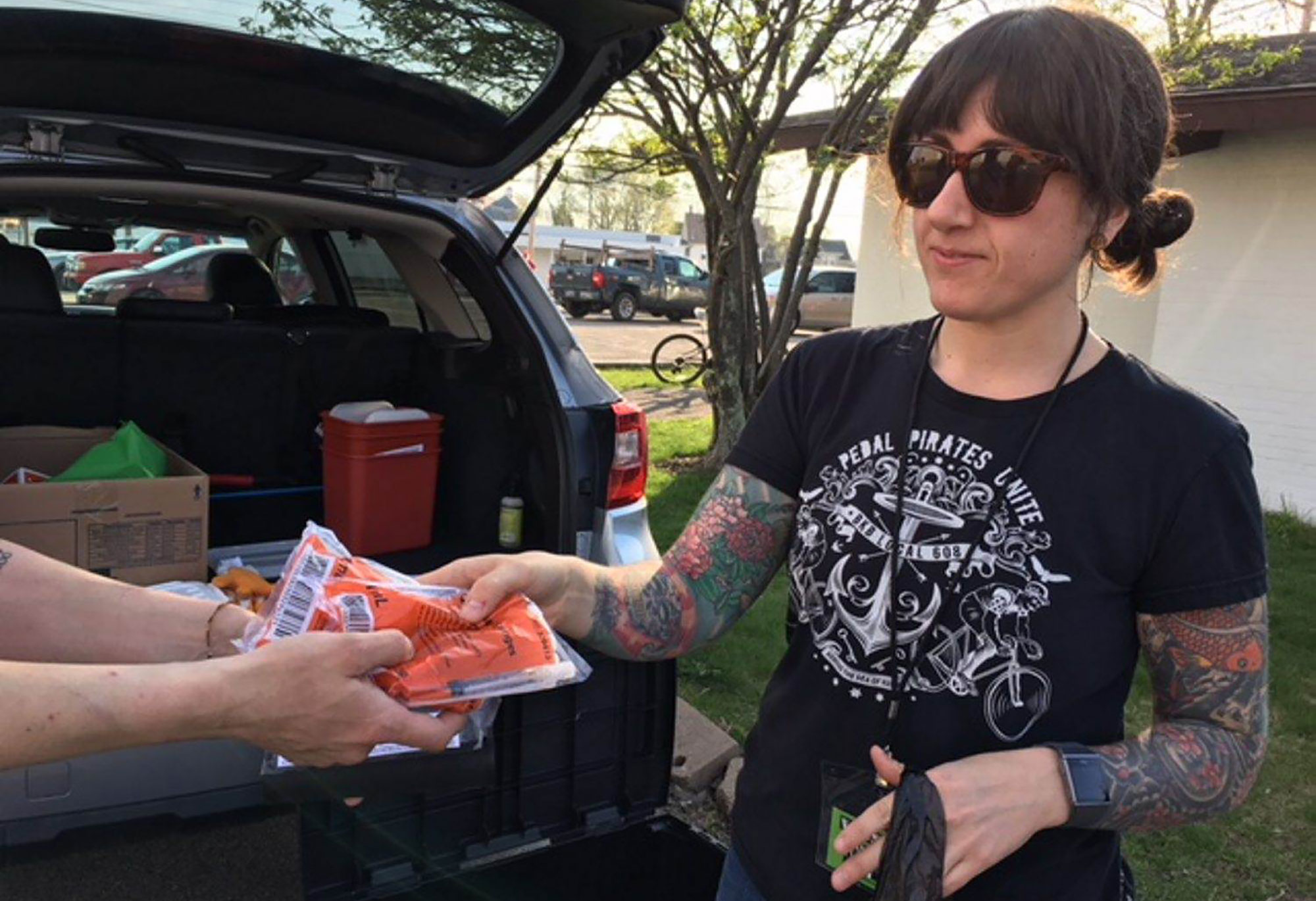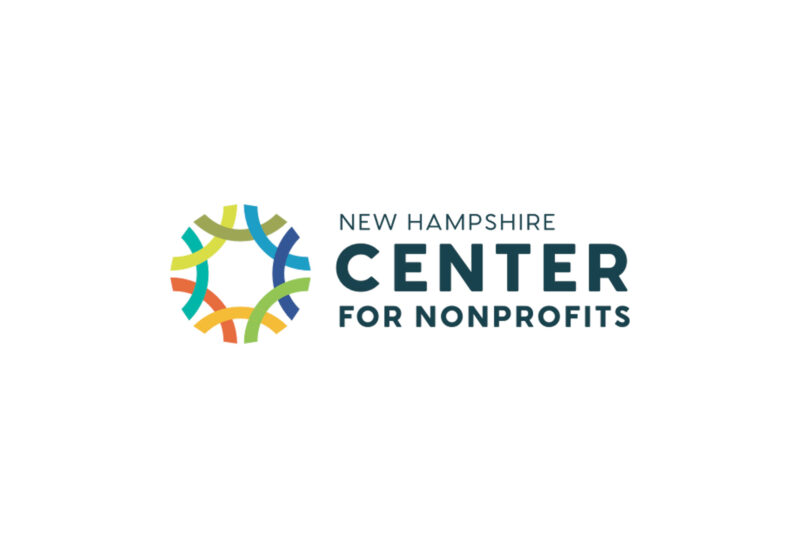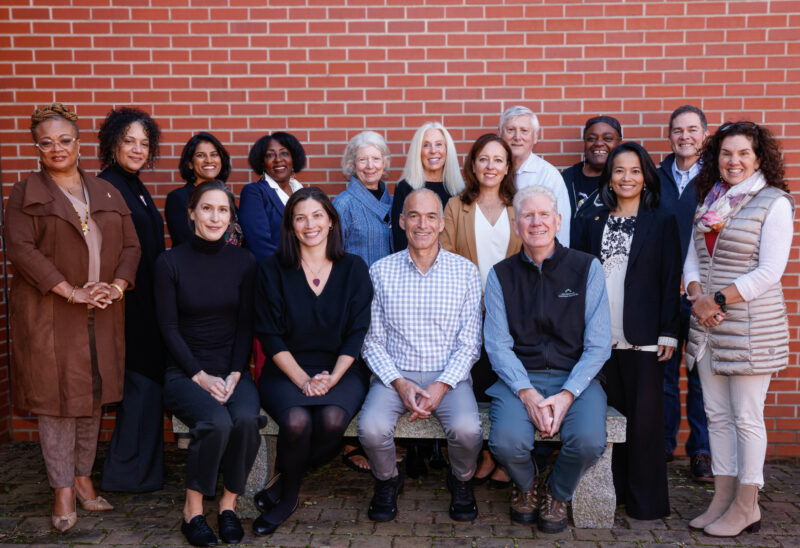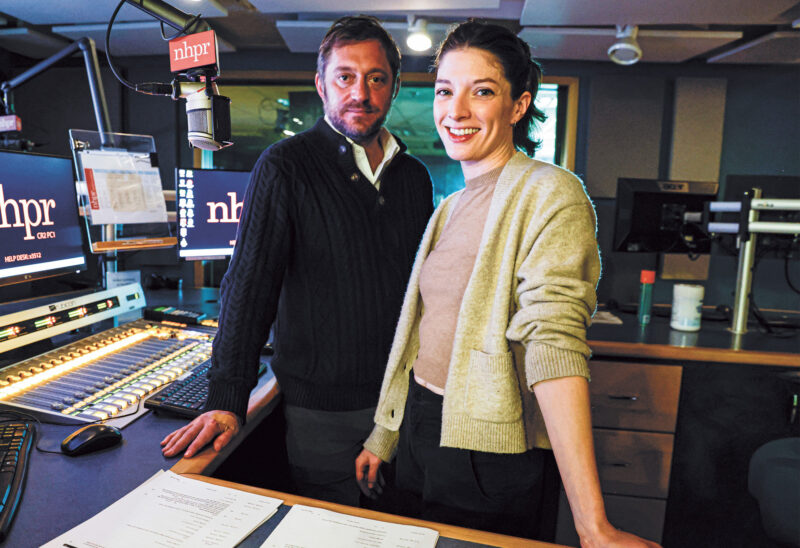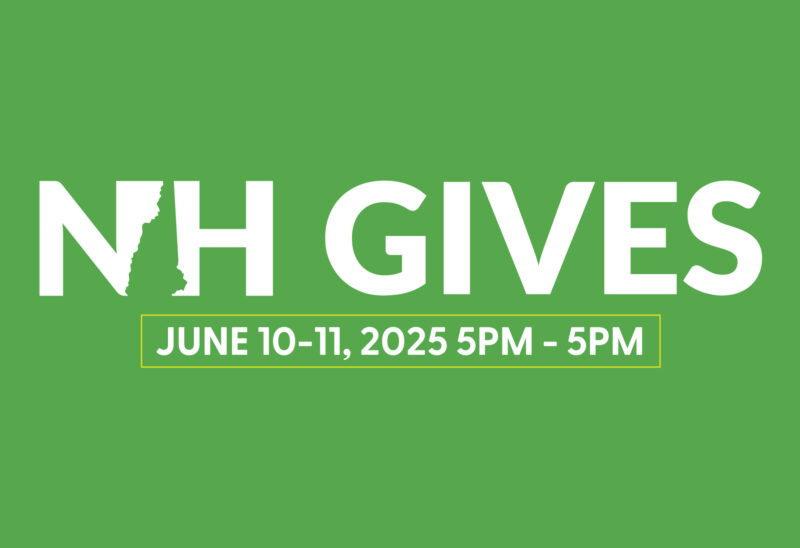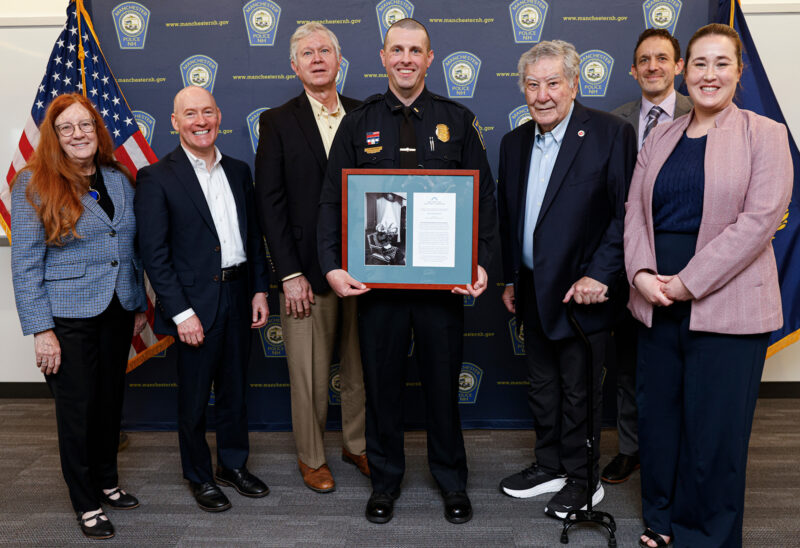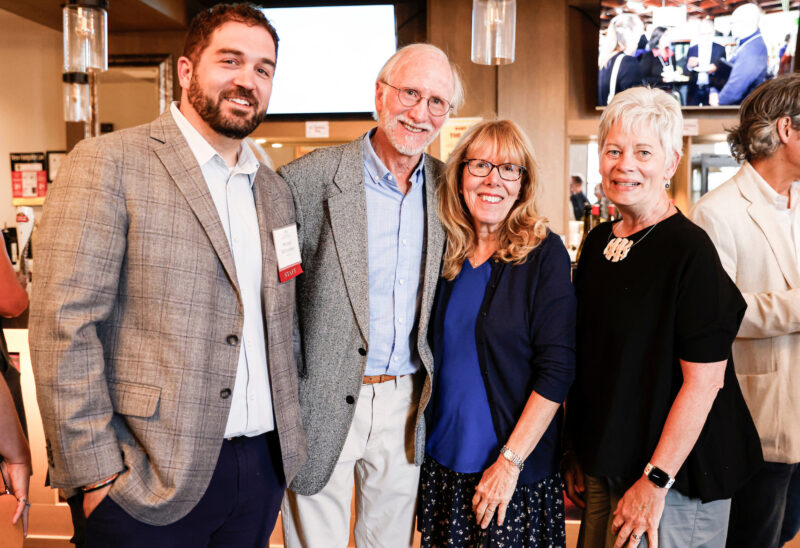It’s suppertime on a Friday evening and the Salvation Army is serving a community meal. Outside, people are stopping by a car with its hatchback open, picking up supplies for the coming week.
Those supplies include syringes, Narcan and kits containing tiny cotton balls, alcohol wipes and disposable “cookers.”
This is Hand Up Health Services, one of two syringe services programs (SSPs) operating in New Hampshire. Over the course of the evening, 32 people will stop by, chatting with program volunteers, turning in used needles and picking up clean supplies.
The youngest is 18; the oldest 65.
After years of argument, lawmakers here last year made it legal for health centers, public health networks and community organizations to operate what some call “needle exchange” programs. Advocates here don’t use that term, since it implies that people have to bring in used needles to get clean ones.
That’s not how it works.
Read the full article from the May 19, 2018 edition of the New Hampshire Union Leader.
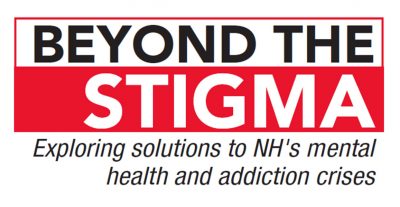
“Beyond The Stigma” is a year-long series sponsored by the New Hampshire Solutions Journalism Lab at the Nackey S. Loeb School of Communications and funded by the New Hampshire Charitable Foundation, Dartmouth-Hitchcock Medical Center, the New Hampshire chapter of the National Alliance on Mental Illness, and private individuals.

